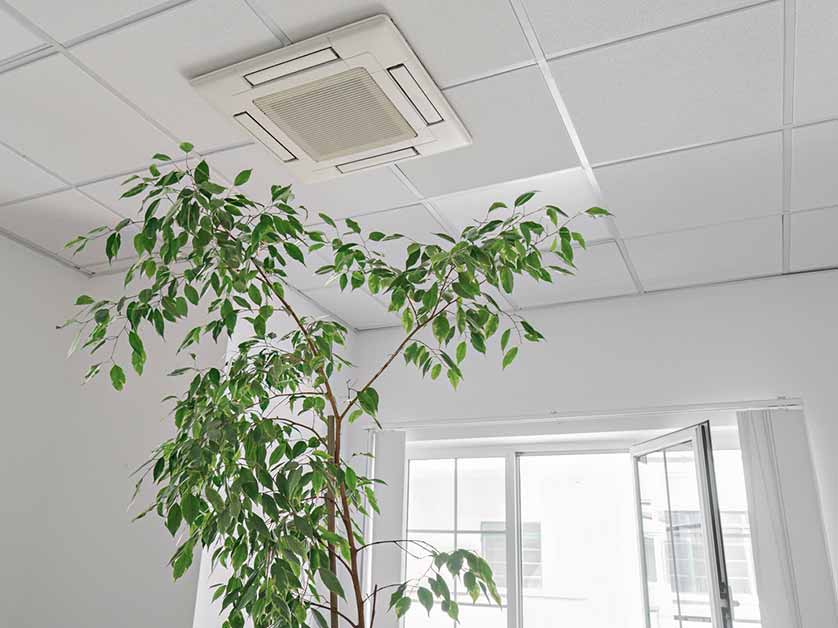As a leading heating and air conditioning expert in the area, we understand the unique climatic challenges that can impact the indoor environment. For business owners and facility managers, attention to indoor air quality (IAQ) is not just a matter of comfort but also one of health and productivity.
Understand the Role of Your HVAC System
A well-maintained HVAC system is the foundation for good IAQ. Regular maintenance, including semi-annual cleanings and timely filter replacements, can prevent dust and allergens from recirculating through your air conditioning units and forced air heating systems. High-performance filters with a good Minimum Efficiency Reporting Value (MERV) rating should be installed as per the capacity of your system to trap finer particles.
Incorporate Indoor Air Quality Monitors
Live monitoring of IAQ using state-of-the-art sensors can alert facility managers to real-time changes in air quality. Monitors that detect volatile organic compounds (VOCs), humidity levels, and particulate matter give a comprehensive view of the indoor air within your commercial space. Timely data can guide decisions to adjust the settings of your air conditioning units or deploy air purifiers as needed.
Optimize Air Purification Strategies
Commercial spaces may benefit from additional air purification, particularly in areas with high human traffic or where activities, such as printing or manufacturing, generate pollutants. Portable air purifiers with HEPA filters can supplement central air filtration, especially in areas showing higher levels of particulates when monitored.
Regulate Moisture and Humidity
Regulating indoor moisture is essential for preventing mold and mildew growth. The ideal relative humidity range for comfort and health is between 30% to 50%. Utilizing dehumidifiers during more humid conditions and humidifiers in drier climates can help maintain this balance.
Source Control Is Key
Preventing pollutants from entering the commercial space in the first place is a fundamental step towards better IAQ. Be sure that chemical pollutants from cleaning products, office equipment, and building materials are minimized. Use low-VOC materials when possible and store any high-VOC substances correctly to avoid unnecessary contamination.
Schedule Smart
For certain necessary operations that may compromise air quality, such as deep cleaning or renovation works, scheduling during off-hours can prevent exposing workers to irritants. Increasing ventilation and using sealable containers for any chemicals or substances can minimize the impact on the air quality circulating through your air conditioning units and forced air heating systems once the space is reoccupied.
Maintaining excellent indoor air quality in commercial environments is vital for the health and comfort of everyone who enters your building. Following these best practices for IAQ management pays off not only in improved employee well-being but also in the overall efficiency of your operations. Meanwhile, for high-quality HVAC and indoor air quality services, you can always count on OK Heating and Air Conditioning. Call us at (408) 920-3910, or fill out our contact page to get started.

